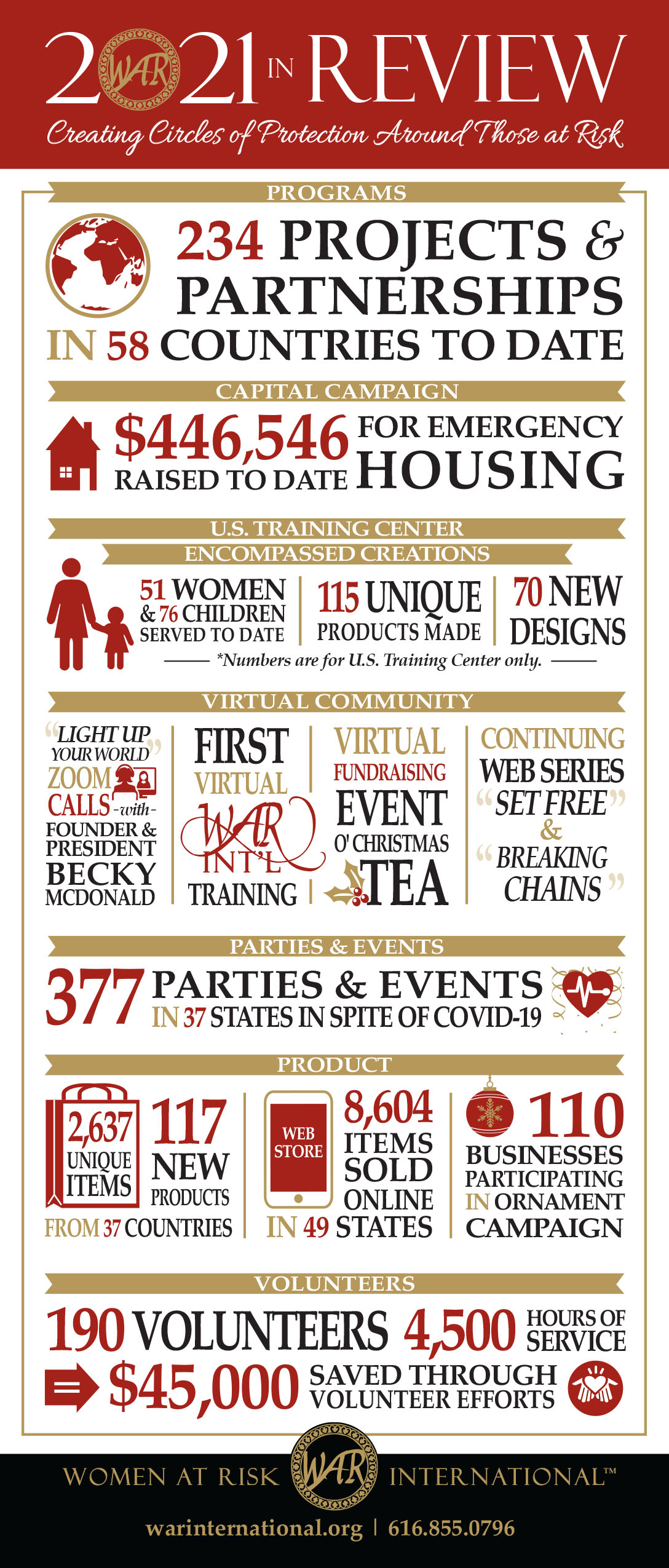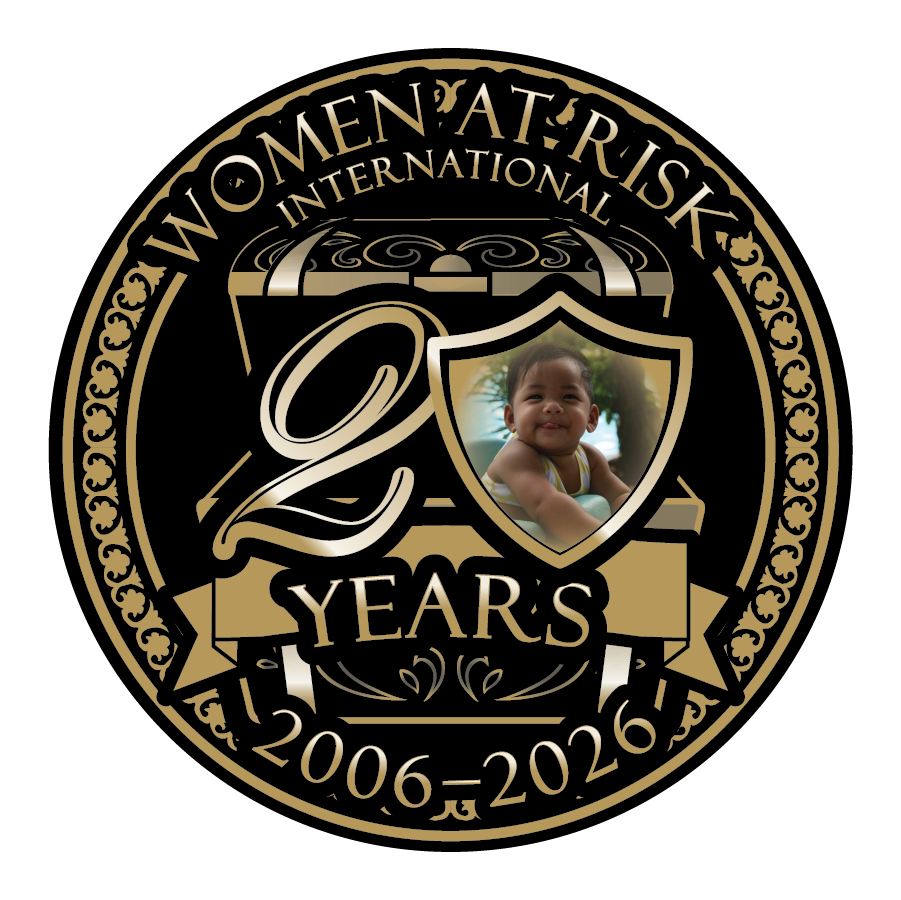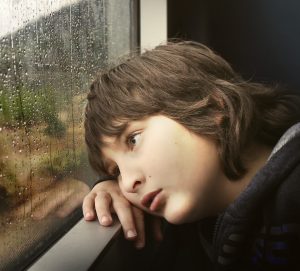By Becky McDonald, President & Founder
January 20, 2022
2021 By The Numbers

And the Unheralded Heroes!
Looking back on 2021, I see God’s hand in profound accomplishments. Some stories we can tell. But, honestly, most are never known as confidentiality and security are so vital. I want to shine a light on one of the most profound, secretly incredible aspects of the House of WAR…four types of unsung heroes who made 2021 an amazing success.
The Staff of The House of WAR
In a year of uncertainty lurking behind every corner, WAR staff quietly, intentionally, and tirelessly lifted the broken, threatened, hurting, starving, tortured, beaten, despairing, and worse. They faithfully lifted others even when their own lives were wracked by cancer, accidents, loss, COVID, worry, and more. The ties of loyalty to a cause greater than ourselves were stronger than the global threat to pull us apart, fraying all around. They were a community to the least of these and especially to each other. Together, lights kept burning, emergency phone lines stayed open, rescues happened, reporting continued decently and in order, partners were encouraged, wounded listened to, customers attended to…the list goes on. They served with a lilt in their voice, a prayer offered, a plan of escape, offering lives with dignity. It is not unusual to hear the sounds of laughter ringing in the Halls of WAR in the face of chaos. They did not run, hide, or fear, but embraced the ‘risk’ with a passion to be a circle of protection to all. Missing kids were found; families reunited; rescues enabled; funds raised to start social enterprises; products lovingly cared for, knowing the hands that made each piece…the list goes on. I salute WAR’s staff, the unsung heroes. They made 2021 a success!
The Volunteers of The House of WAR
Other amazing unsung heroes were our volunteers. Under lockdown, they came to the back door and took things home to do. Now, they come to HQ once again, keeping our costs down. With the best job, they are like Santa’s elves tagging every single new product, attending events to sell the handiwork of our rescued, and the list goes on. I salute WAR’s volunteers all over the world. They made 2021 a success!
The Giving Partners of The Family of WAR
A miracle happened! Like the widow’s oil that never ran out, God multiplied every gift! We stayed debt-free and raised funds to do amazing rescues locally and globally. The gifts allowed immediate intervention in Myanmar, Afghanistan, the USA, Nepal, India, African and Central American lands, and more. I don’t know what the future holds. But I know the loyalty of this family kept the oil flowing where it needed to. It let us be strong for the weak, brave for the threatened, calm in the storm, wise in distribution, and lifted those at the brink of disaster. These gifts accomplished really impossible feats. I salute the generosity, sacrifice, prayers, and encouragement brought to the House of WAR. As your gifts came in, our staff were encouraged to keep on keeping on. You are truly our own circle of protection, allowing us to be a safe place to those we harbor. They have a second chance thanks to YOU!
The Partners of The WAR World
These are who you hear about the most…as it should be! They pour out their lives daily as a drink offering, fighting the fight in the trenches, often alone. Knowing that these unsung heroes are behind them is what keeps them going. I know! I was in those trenches for years and jump in and out of them on a regular basis!
Let’s move into 2022 with renewed passion to sing freedom’s song, learning lessons from 2021:
- Blessed to be debt-free and found grants to help partners when sales struggled under COVID.
- Web sales doubled thanks to each of you who shop with a purpose, knowing your gift lifts the lives that made them. You are not giving a handout but a hand up! As my thank you, please use the code BECKYSGIFT to receive a 10% off one regularly-priced item!
- Lockdown gave time to sit, rethink, reorganize, and work toward new structures.
- Risk escalated and made our job load heavier. We know this will continue into 2022.
- COVID taught our partners what our warnings could not. Those who diversified fared better.
- The WAR family showed strength, resilience, courage, and sacrifice, creating a community that can go further together than alone. Thank you for believing in us!
Often in life, the truly great things are done by people who never get a medal, their name on a plaque, in the paper, or a statue erected in their honor. Every one of you did that in 2021! House of WAR… you are the unsung heroes! Walking into 2022, we take up our crosses and follow dignity for each and every one!
STRONGER TOGETHER MARCHING INTO 2022
P.S. Read more stories and stay up-to-date by visiting my Facebook page at www.facebook.com/WARfounder!








